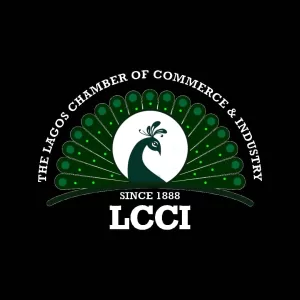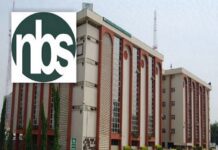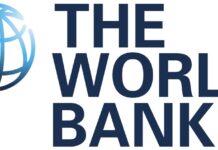You see there are times we try to implement certain policies, thinking it will benefit us.
Sometimes, they do and at other times they don’t, but such situations can be avoided.
Why? You may want to ask/ You see, Nigeria is at a point where it either picks up or falls off the cliff economically.
So, trial and error will not work with the people.
Hence, the Lagos Chamber of Commerce and Industry is warning the government to be more cautious in their decision making.

There are a few things that can reduce foreign direct investments into Nigeria. One of such is expatriate employment without proper planning.
Nigeria at the moment is looking for ways to revive its economy, so that it doesn’t plunge further below the unpleasant spot it currently occupies.
Have You Read: Reduce Dependency On Oil, Diversify Into Solid Minerals -LCCI
This is why the Lagos Chamber of Commerce and Industry (LCCI) has asked for a balanced approach to expatriate employment.
Seeing as this may potential affect the inflows of foreign direct investments into Nigeria, the advice followed the government’s announcement of an Expatriate Employment Levy.
Employing Expatriate Workers
LCCI Director-general Chinyere Almona said the advice was to ensure the levy does not become an inhibitor to attracting and retaining foreign investments.
The federal government had announced a mandatory annual levy for organisations employing expatriate workers, on February 27, 2024.
According to the government, the move is to encourage foreign companies to employ more Nigerian workers.
The development required them to pay $15,000 for a director and $10,000 for other employees.
This policy according to Almona is aimed at addressing wage gaps between expatriates and the Nigerian labour force.
Also, it encourages skill transfer and employment of qualified Nigerians in foreign-owned companies.
She, observed that there was the need to balance the approach to expatriate employment and its potential impact on FDI inflows,
Almona, stressed that while the LCCI fully supports policies that generate more revenue for the government, there are concerns about foreign investors perception.
The perception that Nigerian government was not accommodating to foreign workers may be harmful to the country’s drive for FDI inflows.
EEL might trigger the relocation of foreign companies to neighbouring countries that presents a more conducive and less expensive environment for business.
Shortage Of Supply
Furthermore, this policy might spark retaliatory actions by other countries by imposing levies on foreigners, particularly targeting Nigerian workers.
“With the drive for FDIs in Nigeria, we need a conducive business environment to attract these kinds of investments into the country.
“Capital importation into Nigeria in the fourth quarter of 2023 stood at $1.088 billion, out of which only 16.90% (or $184 million) came in as FDI.
You May Also Like: See What LCCI Wants FG To Do To Reduce Debt
“We call on the government to consider exempting sectors that require unique skill sets for projects carried out in the country.
“Sectors like construction, and other sectors where we have a critical shortage of supply of goods to meet rising demand.”






